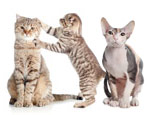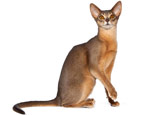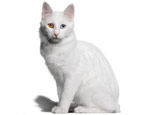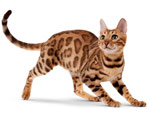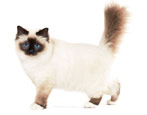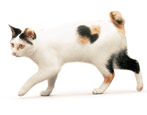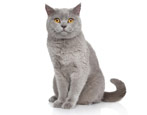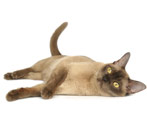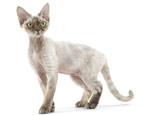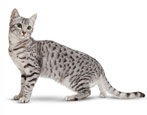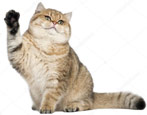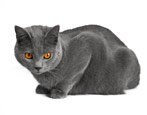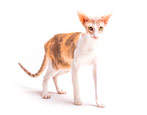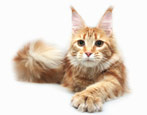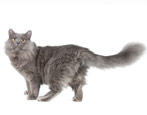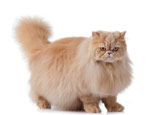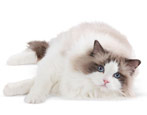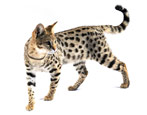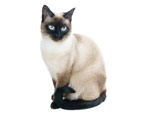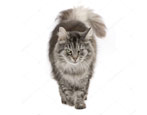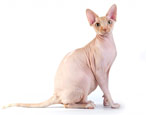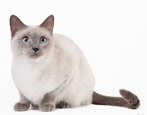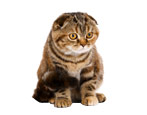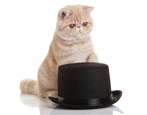Food for British kittens: types and features of choice
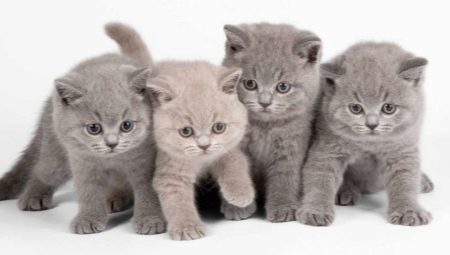
British cats are very popular with breeders and pet lovers. It is easy to fall in love with such a pet at first sight: thick fur with undercoat, unusual blue color, short thick neck, wide rounded cheekbones and small neat ears. These good-natured fat men are able to delight their owners for many years. As with any purebred cat, Britons are advised to carefully select their diet.
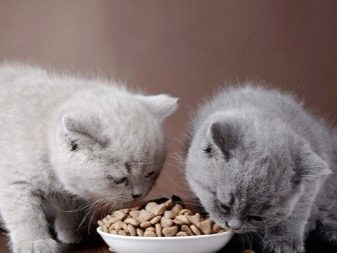
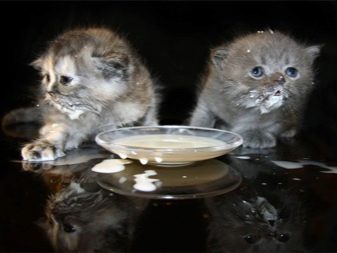
Nutrition rules
From the moment of birth until the age of 2 months, kittens need exclusively breast milk.
Complementary foods should be slowly introduced from 2 months with scraped beef, low-fat cream and low-fat cottage cheese without additives. You can find the right food and natural products suitable for a particular pet from a veterinarian, but knowing the rules of selection, it is quite possible to cope on your own.
For the British, you can buy ready-made feed, but only premium and super premium class (from natural ingredients, grain-free, low in fat and protein).
From the age of four months, it is imperative to add vitamins and minerals to the feed.
It should be remembered that the British are purebred cats and in no case should they be fed "from the table", otherwise the pet's digestive system will be hopelessly spoiled, which will cause a lot of health problems and significantly shorten the life of the animal.
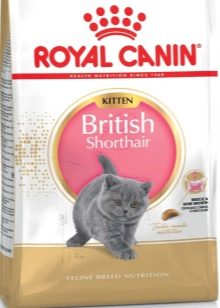
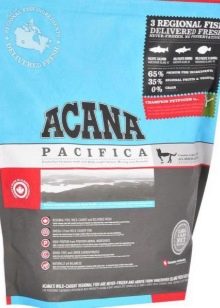
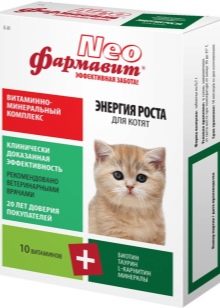
Representatives of the British breed need proper and balanced nutrition:
- finely chopped dietary boiled meat products (turkey, chicken, beef, rabbit, as well as their lungs, heart and liver);
- boiled sea and ocean fish of low-fat varieties (you must first remove the bones);
- eggs (preferably quail);
- slightly warm porridge on the water (buckwheat, oatmeal, semolina, millet);
- sprouted wheat and oats;
- special grass for cats (you can grow it yourself on the windowsill).
The rules for compiling the diet of cats of this breed are quite simple: you need a balance between nutrients, trace elements and vitamins.
It should be remembered that the main criterion for the proper nutrition of a British cat is the condition of its coat and eyes: in a healthy cat, the fur is shiny, and the eyes are clean and clear.... For complete confidence, 7 days after the introduction of a new feed into the diet, it is recommended to be tested by a veterinarian to check the load on the animal's kidneys.
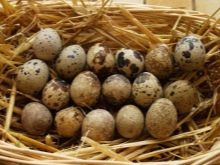
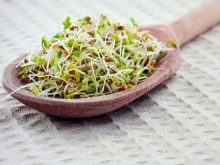
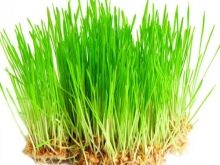
Dry food overview
After examination by a veterinarian, some cats can be included in the diet of premium dry food (any dry food inevitably increases the load on the kidneys of the animal, so they should not be fed on an ongoing basis).
Always use dry and wet food from the same manufacturer, different brands balance these two types of food based on the daily requirement per 1 kg of animal weight.
Usually, commercial food saves money and time for the owner of the cat, but this is not the case with the British.
Representatives of this breed can only digest an expensive product made from natural hypoallergenic ingredients, selected specifically for British cats.
The range of food for the British is quite narrow and is not always available in the range of ordinary pet stores, so they have to be ordered on the Internet.
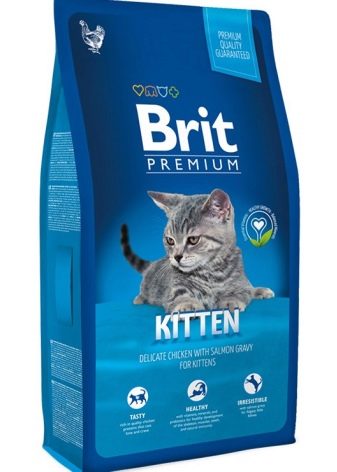
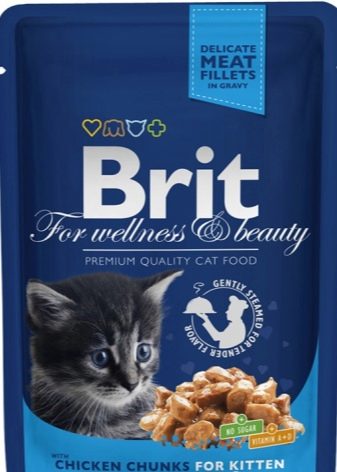
It is also allowed to regale representatives of this breed with luxury food for special cats.
- Royal canin british shorthair - Designed specifically to feed British adults, it is perfectly chunky in shape for easy gnawing. Contains an optimal percentage of protein, vitamins and Omega-3 acids, improves metabolism in the cat's body.
- Royal Canin Sterilized - for castrated pets aged 1 to 7 years (excludes excess weight gain due to the ideal proportion of protein components and fiber).
- Go! Natural holistic (Fit Free Grain Free Chicken, Turkey, Duck Cat Recipe) - grain-free feed based on 4 types of meat components. Normalizes heart function and strengthens the immune system.
- Monge cat sensitive - for cats with sensitive digestion. Normalizes the intestinal microflora, helps reduce the risk of urolithiasis.
- Hill's Science Plan Sterilized Cat - for sterilized pets. Strengthens muscles and joints, prevents weight gain, and helps maintain healthy immunity.
Dry food helps the cat to clean tartar and trains the chewing muscles.
It is recommended to give it to pets in the morning along with natural food (however, you should not mix them), while providing access to clean drinking water.
Wet food or canned food should be given separately from dry food in the evening.
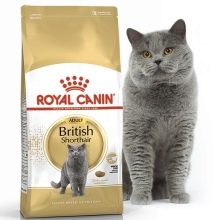
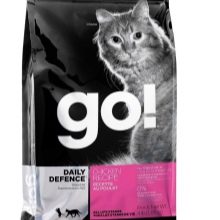
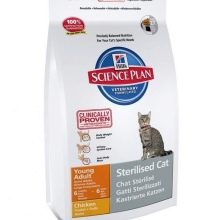
Wet food and canned food
Wet food and canned food are easier to digest than dry food, they do not need to be washed down with water; another advantage is that they are more easily absorbed.
The shelf life of an opened package is only 1-2 days, so it is best to buy this type of feed in one-time portions.
Similar to dry food, it is recommended to buy them in premium and super premium class, preferably of the same brand.
Wet feed:
- Royal Canin British Shorthair Adult - minimizes the risk of heart disease, strengthens joints, and is low in fat.
- SHEBA® PLEASURE with lamb - for cats weighing more than 4 kg. The composition includes only natural ingredients: meat, vitamins, fiber.
- Schesir chunks in jelly, tuna - grain-free fish food with vegetable gelatin, easily digestible.
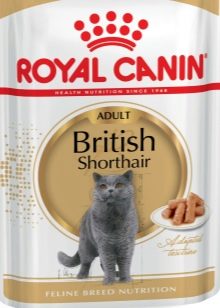
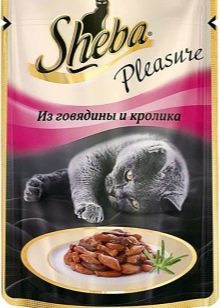
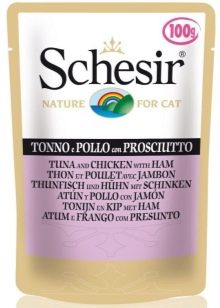
Canned food:
- Organix beef soufflé - hypoallergenic food, specially developed for kittens, contains a balanced vitamin and mineral complex.
In order to avoid problems with the health of the pet, you should not buy canned food "for all types and age categories of cats" - this is economy food in premium packaging.
It is necessary to store wet and canned types of food in the refrigerator, but they cannot be heated - it is enough to put on the table at room temperature for 1 hour.
After eating, when the cat loses interest in the bowl, the remnants of the uneaten food from it must be thrown away, and the dishes washed.
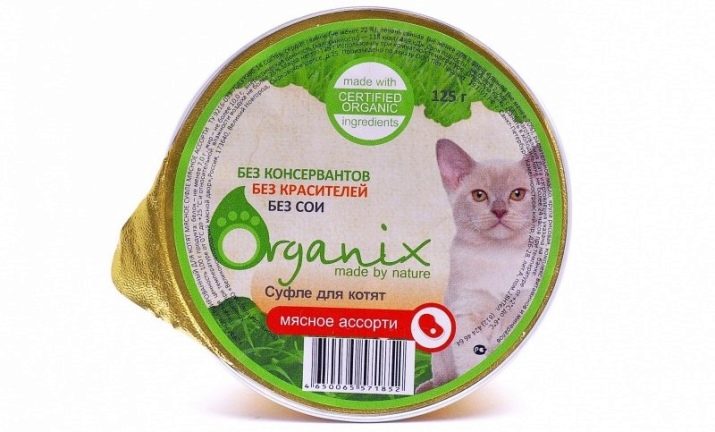
Features of choice
When choosing food, it should be borne in mind that a balanced diet of a British cat should be in three equal parts (each part is 1/3 of the daily value):
- dry food;
- wet food;
- natural products.
Based on the "rule of thirds" and in accordance with the storage conditions of the opened pack, the required weight of the feed package is calculated. For example, it is more profitable to buy dry food in packages of 2 kg - an adult British eats about 50 grams per day, and it is better to take wet food in portioned sachets so as not to store it open, since it quickly loses its taste and useful properties.
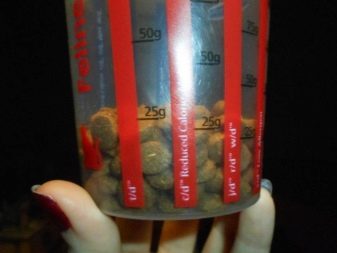
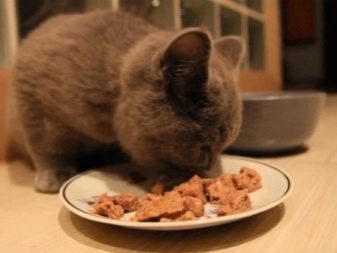
The choice of food should be based on the age of the pet:
- kittens up to 1 year old;
- adult cats and cats from 1 to 7 years old;
- adult cats and cats from 1 to 10 years old;
- adults over 7 years old.
Additionally, some brands offer food depending on the health and condition of the animal:
- for pregnant cats;
- with sensitive digestion;
- castrated individuals, etc.
Always pay attention to the integrity of the packaging and the expiration date of the feed. Buying damaged packs and swollen cans is dangerous to your pet's health.
Carefully study the information about the country of origin, for example, Italian food produced in Russia (using the original technology) is an order of magnitude worse than the imported product.
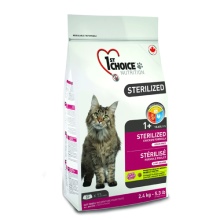
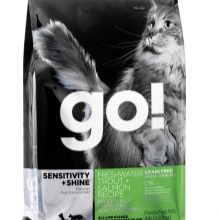
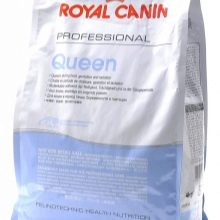
Veterinarian advice
After giving birth, a British cat is recommended to be fed next to the kittens (move her bowl to the bed). If the cat does not have time to feed all the kittens from the litter, they should be supplemented with a special milk replacer from a pet store, goat and cow milk is strictly prohibited.
The British are very susceptible to allergic reactions to lactose (daily examination of kittens is recommended when dairy products are introduced into complementary foods for skin peeling).
An adult of this breed can only be given clean water: filtered, spring (good quality), and distilled water.
It is recommended to completely transfer kittens to independent feeding no earlier than from 3 months in order to avoid problems with the digestive system.
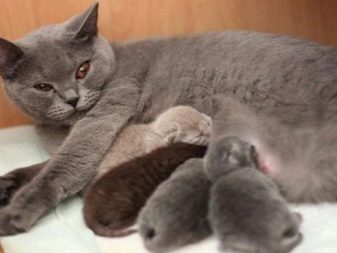
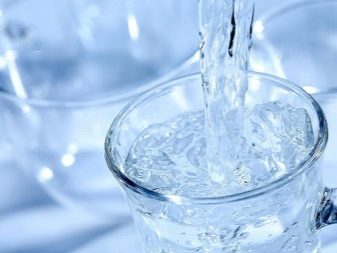
Adult British cats are prone to overeating and should be monitored for:
- do not put a full bowl of feed for future use;
- feed only 2 times a day: in the morning and in the evening (with an interval of 12 hours);
- pregnant cats should be fed 4 times a day, but do not overfeed;
- kittens should be fed 6-8 times a day (depending on age);
- measure the amount of feed strictly according to the instructions for it (in accordance with the weight of the pet).
Cats sometimes have strange food addictions: some like watermelon, others like raisins, but a Briton shouldn't even try forbidden foods so that he could not fall in love with them. You should also be careful with special purchased treats - give them to your pet no more than once a week. In the public domain, you can give a purebred cat only cat grass and clean water.
The best solution would be to visit the veterinarian when the kitten is 3 months old and select an individual diet.
It is required to strictly observe the correct regimen and never feed the cat "from the table", otherwise the pet will start to get sick.
Just 1-2 pieces of forbidden foods (raw eggs, pork, mushrooms, tomatoes, nuts, chocolate) can deprive a Briton of health forever.
See below for general guidelines for feeding cats.
